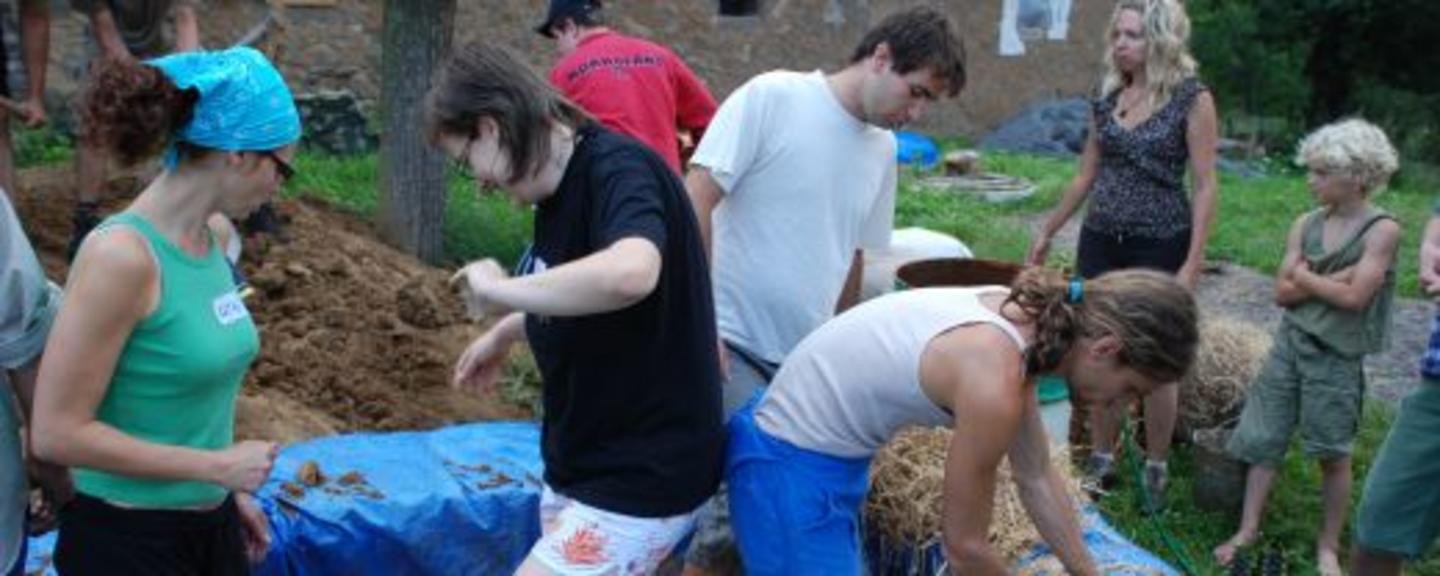Slovak NGOs and other non-profit institutions can submit grant applications for projects within the areas of protection of the environment, sustainable energy, food safety and environmental education to fund manager Ekopolis Foundation until 19 February 2009. Further details are available in the open call text.
The Slovak environmental NGO fund is aimed at increasing the capacity of environmental NGOs to effectively participate in public discussions, propose and implement innovative solutions to environmental problems and at creating partnerships between NGOs and the private and public sector.
Slovakia's three NGO funds, supporting projects within the fields of environmental protection, human rights and social inclusion, have been up and running since November 2007. The total amount earmarked to NGOs through the three funds is €5 million, of which Iceland, Liechtenstein and Norway are contributing with 85% and Slovakia 15%.
State of play
The environmental NGO fund's first open call closed in February 2008, and eight projects were selected for funding. Grants totalling some €500,000 were awarded to projects promoting sustainable development, including activities to protect biodiversity and natural biotopes, decrease greenhouse gases emissions, improve waste management and promote organic food in schools. The Ekopolis Foundation is currently assessing applications from the second call for project proposals, and the third call was launched this week. The environmental NGO fund will will re-grant support to environmental NGOs until the end of 2010.
Already tangible results
Several of the supported projects represent valuable contributions to Natura 2000, an EUwide network of nature protection areas. A case in point is a project by Birdlife Slovakia, who is applying a €60,000 grant to protect selected bird species. So far, the NGO has managed to protect 24 nesting localities for three different bird species. The NGO A-project is also contributing to Natura 2000 through series of expert and public discussions on protection of biodiversity through appropriate management of forests. A-project aims to create rules for identification and management of so-called 'High Conservation Value Forests' to be applied at regional and national level.
The supported projects also include a waste management initiative by the Tatry Civic Association. The organisation aims to optimise the waste management system in the city of Liptovsky Mikulas. The NGO has already introduced waste schemes at 10 schools in the region, where students and staff are now actively recycling their waste.
